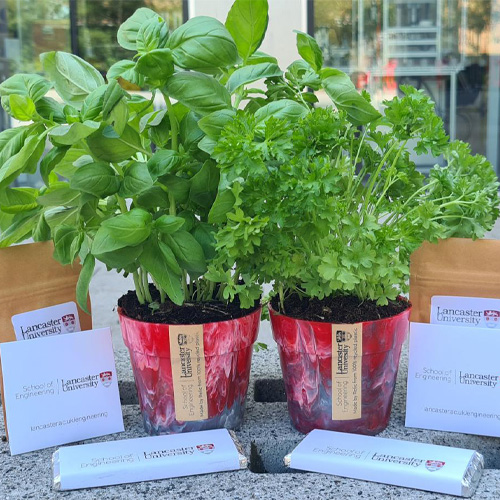What is Additive Manufacturing?
Additive manufacturing is the process of creating an object one layer at a time. There are a number of different types of additive manufacturing, including 3D printing, direct digital manufacturing (DDM) and rapid prototyping. Traditional manufacturing techniques can produce a great range of shapes and designs, but additive manufacturing takes production to the next level.
One of the greatest benefits of this more modern technology is the greater range of shapes which can be produced. Designs that can’t be manufactured in one entire piece by traditional means can easily be achieved. For example, shapes with a scooped-out or hollow centre can be produced as a single piece, without the need to weld or attach individual components together. This has the advantage of being stronger; no weak spots which can be compromised or stressed.



